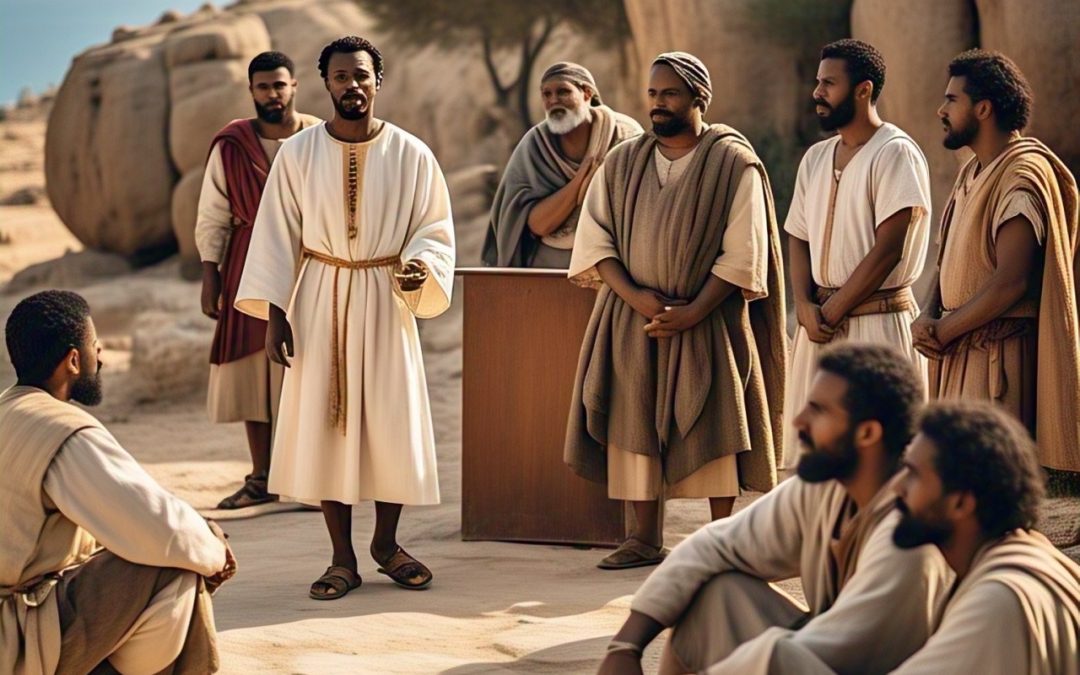When we examine the Gospel narratives closely, we discover Jesus operated within a highly charged political environment where Roman occupation, religious sectarianism, and social stratification created a complex web of tensions. Jesus’ ministry unfolded against this backdrop, and He was repeatedly drawn into the political and social debates of His day.
The Gospel accounts reveal numerous attempts to entrap Jesus through politically loaded questions. When asked about paying taxes to Caesar (Mark 12:13-17), Jesus was confronted with a perfect dilemma: support the Roman tax and alienate his followers, or oppose it and risk charges of sedition. His nuanced response—”Render unto Caesar what is Caesar’s and to God what is God’s”—transcended the binary options while subtly questioning the legitimacy of imperial claims.
Similarly, when presented with the woman caught in adultery (John 8:1-11), Jesus faced another trap. Affirming Mosaic law would position Him against Roman authority (which reserved capital punishment for itself), while rejecting it would undermine His credibility as a teacher of Israel. Again, Jesus found a third way that exposed the hypocrisy of the religious establishment while preserving both justice and mercy.
Jesus also engaged with existing theological-political debates among Jewish leaders. The questions about Sabbath observance, ritual purity, and association with “sinners” were not merely religious matters but involved competing visions of Jewish identity under Roman rule. The Pharisees, Sadducees, Essenes, and Zealots represented different political strategies—accommodation, collaboration, withdrawal, or resistance. Jesus’ practices and teachings implicitly challenged each of these approaches.
What distinguishes Jesus’ political engagement, however, is that He refused to be contained within existing categories. When questioned about the greatest commandment—a live debate among schools of Jewish thought—Jesus combined two separate commandments (love of God and neighbor), effectively reframing the entire discussion. When asked about divorce, tribute money, or resurrection, Jesus consistently transcended partisan positions to offer transformative perspectives.
This pattern reveals something significant about Jesus’ approach to political engagement. He neither withdrew from political questions nor allowed Himself to be co-opted by any faction. Instead, he engaged these issues on His own terms, often exposing the inadequate assumptions underlying the debates themselves. His responses consistently prioritized human dignity, challenged systems of exclusion, and pointed toward the in-breaking of God’s kingdom as the ultimate context for all political questions.
For Christians navigating polarized political landscapes, Jesus’ example offers neither simple answers nor permission to disengage. Rather, it calls us to a more demanding approach: engaging political questions from a stance rooted in kingdom values, refusing false dichotomies, and maintaining primary allegiance to God’s reign even as we participate in earthly politics. Like Jesus, we are called not to escape political realities but to transform them through prophetic witness to a higher order.
Prayer
Lord Jesus,
You who walked the politically charged pathways of occupied Judea, grant us wisdom to navigate our own complex political landscape.
When we are tempted to withdraw from difficult social issues, remind us how You engaged the questions of Your day. When others try to force us into simplistic categories, show us how to transcend false dichotomies as You did.
Give us discernment to see beyond the traps laid in political discourse, to recognize when questions themselves contain faulty assumptions. Help us to respond not with partisan reflexes, but with the revolutionary wisdom that places human dignity at the center.
May we likewise engage without being co-opted, speak truth without becoming pawns in power games, and maintain our primary allegiance to Your Kingdom while still serving the common good in our earthly cities.
In a world of political tribalism, make us agents of Your boundary-crossing love. In spaces of polarization, help us create room for transformative dialogue. Where others seek to entrap and divide, let us, like You, find the unexpected third way that opens possibilities for justice and peace.
We pray in your name, You who refused both the throne and the sword, yet challenged the powers of Your day through the revolutionary politics of Your coming Kingdom.
Amen.


Recent Comments